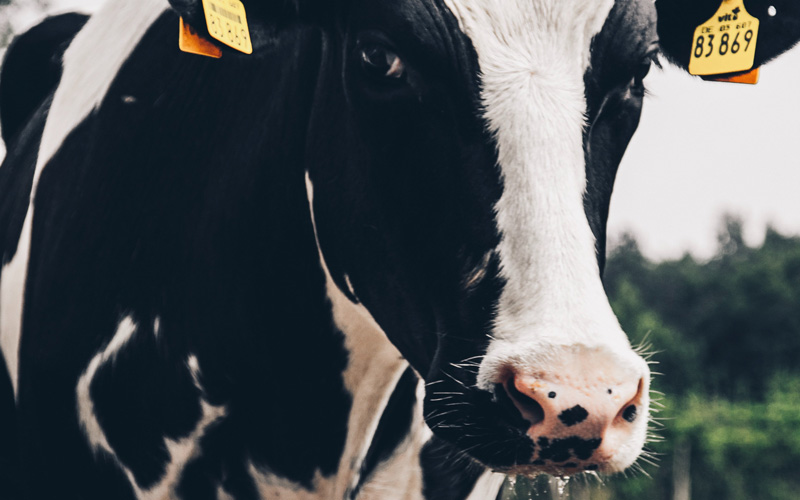Is sustainability evolving mass consumer markets?

The green agenda is not a new thing. There have been campaigners and campaign groups operating for many years, such as Greenpeace, that have sought to raise the issue of the planet’s environmental and climate health, often through stunts and targeted disruption. More recently there has been the eclectic alliance of young and old seeking to rebel against the earth’s potential extinction as they see it, with a few high minded celebrities doing their bit to damage their climate change credibility by flying in from LA to London to speak of their deep concern and care.
Whilst the campaigning debate evolves, the science and so learning builds. The corruption of science by evangelist climate change advocates did much to damage the credibility of the more honourable mass of research that is seeking to measure the earth’s climate. That said, Al Gore and the University of East Anglia aside, there is a growing body and arguably a consensus that the planet’s climate is evolving quite rapidly at this time, evidenced by rising global temperatures, changing ice patterns and, whilst more anecdotal, extreme weather conditions. Quite whether or not the dots are all joined up is a debating matter but the common comment, ‘well something seems to be happening’, maybe close to the truth.
For food markets, global warming, a term which has been replaced by climate change, has been a relatively peripheral matter at the shelf-edge, maybe until now. Indeed, the organic food movement in the UK remains a pretty peripheral proportion of the market, suffering quite materially in share participation after the financial crisis. Since then, it has taken much of this decade for the organic movement to ‘get back’ to where it was in 2010. However, is all this in the process of substantial change as the sustainability agenda evolves from a matter for enthusiasts and industry compliance to a more mass market position? I sense so.
Across all product categories the sustainability agenda is now more embedded and growing in importance. The extent and pace of movement is notable from major retailers setting new priorities and agendas through to entrepreneurs in the supply chain bringing new innovations, products and brands where the sustainability agenda is much more centre stage.
Across all product categories the sustainability agenda is now more embedded and growing in importance.
The evolving priorities of the sustainability agenda was very clearly brought into focus and extent by Tesco when it staged a June 2019 investor event that centred upon the environmental and social agenda. The holistic approach that Tesco presented that day is now being reflected in its actions from work on plastics to the labour processes of its suppliers at home and abroad and the sourcing policies of a growing number of products such as palm oil. The sustainability agenda, therefore, is becoming a larger more inter-connected and multi-disciplinary process that embodies wider factors of production than land.
With respect to the land there remain major arguments surrounding how farming practices contribute or otherwise to climate change. Indeed, the debate is evident with one of the fastest growing elements of the food industry being plant based protein. There are major steps by brand and private label suppliers to enter and participate in the plant-based protein market. Innovation rates are high as is acquisition activity; the latter partially stimulated by some crazy valuation multiples for the likes of Beyond Beef.
What the plant-based protein drive shows us is the fusion of well-being and the environment. When these two forces combine the market equation is potentially powerful. Again with Tesco, its ‘Wicked Kitchen’ private label range has been one of the most successful recent launches by the label in the UK whilst Marks & Spencer has similarly commented upon ‘Plant Kitchen’. We also notice a range of manufacturers acquiring in the plant-based/meat-free arena, such as Cranswick in the UK, which bought Katsouris Brothers.
Whilst all this is so, the livestock sector faces challenges as to its contribution and perception as a contributor to carbon emissions and wider pollutants such as ammonia and nitrates. Indeed, the environmental and well-being agendas combined are perhaps the greatest challenge for the red-meat segment in particular.

What the plant-based protein drive shows us is the fusion of well-being and the environment.
As ever, there are myths and realities around meat and the environment, with much emotion too. In terms of real change though, science based change, world leading activity is underway in research institutes and businesses to deliver beneficial change. From Ireland to New Zealand, where there is a definitive vested interest around the beef, dairy and lamb sectors on the environmental and health agendas, inspiring work is underway.
Indeed, in County Meath, Belfast based Devenish is undertaking tremendous work centred on soil and seed, to explore a holistic approach that embraces agronomy and husbandry standards too, that is striving for carbon neutral and even carbon beneficial livestock farming; the latter meaning beef and dairy farming that actually absorbs rather than releases carbon.
Such work shows how thinking is evolving from the field to the fork. We are in the foothills of a new industrial era where the digital revolution is combining with science, entrepreneurs and shoppers to bring sustainability higher up the agenda, to the mainstream. The future for sustainability does not, however, look like it is going to be the environment in isolation, rather a more holistic approach that is meaningfully going to influence and evolve mass consumer markets.
Dr Clive Black
Advisor
Coriolis Consulting
November 2019








